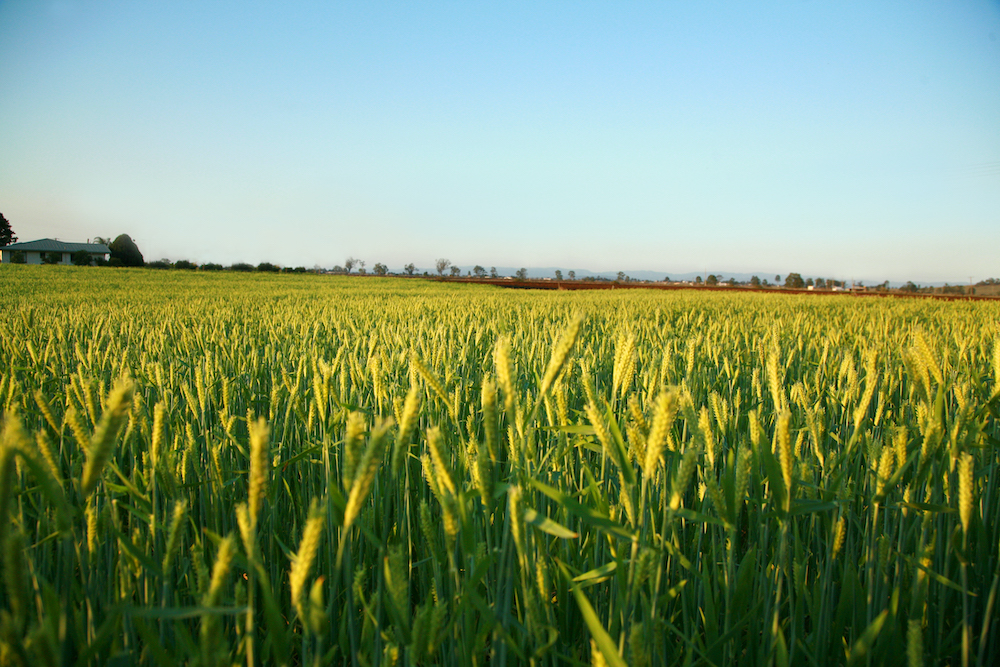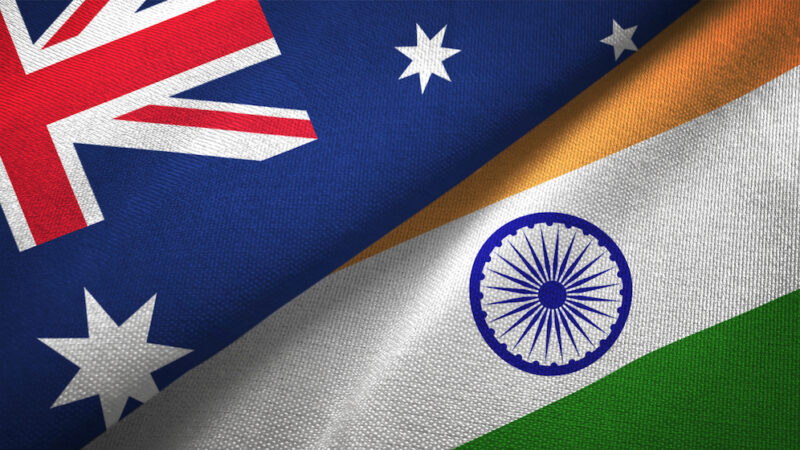Grain farmers have welcomed moves to get barley exports flowing back into China following a…
Barley tariffs finally scrapped by China


Australia has seized the opportunity presented by China�s decision to lift tariffs on barley imports to push for the elimination of all remaining trade restrictions between the two countries. The move comes as the commercial ties between Australia and China move once again towards normalisation.
China�s Ministry of Commerce announced on Friday that the anti-dumping and anti-subsidy tariffs on Australian barley would be scrapped, effective immediately, putting an end to a three-year period during which these tariffs had cut off a significant portion of the A$1.5 billion ($986.25 million) annual trade between the two nations. In fact, the tariff imposition had prompted Australia to file a case against China with the World Trade Organization (WTO).
This decision on barley already follows the resumption of trade in other products, such as coal and timber this year. However, some Australian products � notably wine � still face tariffs, and there are also unofficial restrictions on exports of lobster and meat from certain abattoirs to China.
The next step toward normalisation
Australian Trade Minister Don Farrell welcomed the removal of the barley tariffs and expressed the plan to use it as a kind of stepping stone.
�We intend to use this process (barley) as a template for resolving the issue in respect of wine, which is still ongoing… as we seek to resolve all of those outstanding issues,� he said when interviewed directly following the announcement.
The relationship between Australia and China had turned sour during the pandemic in 2020, when Australia called for an official inquiry into the origins of COVID-19. Beijing retaliated in trade, imposing anti-dumping duties on Australian wine and barley.
Since then, Australian producers and exporters made do with barley markets in the Middle East, as Chinese buyers replaced Australian barley with grain exports from Canada, France and Argentina.
Tensions eased somewhat as the Albanese government came into power, and the Prime Minister has announced a possible trip to Beijing later this year in order to further smooth relations and end the trade dispute between the two countries, though no date has been set.
China’s decision to drop the barley tariffs was influenced by a robust beer market demand and insufficient domestic barley supply to meet consumption needs, according to the Chinese Ministry of Commerce.
The market reacts back home
Since barley is such an important rotation crop for Australian growers, a more stable outlook on exports is particularly welcome news to industry associations.
Grain Producers Australia responded immediately to the news with a statement in which its Chair, Barry Large, announced the re-opening of the Chinese barley market as a positive move and real win for Chinese consumers and industry, as well as for Australian grain producers and exporters.
�We thank and acknowledge the work of both governments in contributing to this positive outcome through an expedited process to reach a resolution which has been significantly shorter than if the WTO process continued,� he said.
�This resolution will allow Australian producers to re-commence selling and exporting our high-quality barley to China again.�








